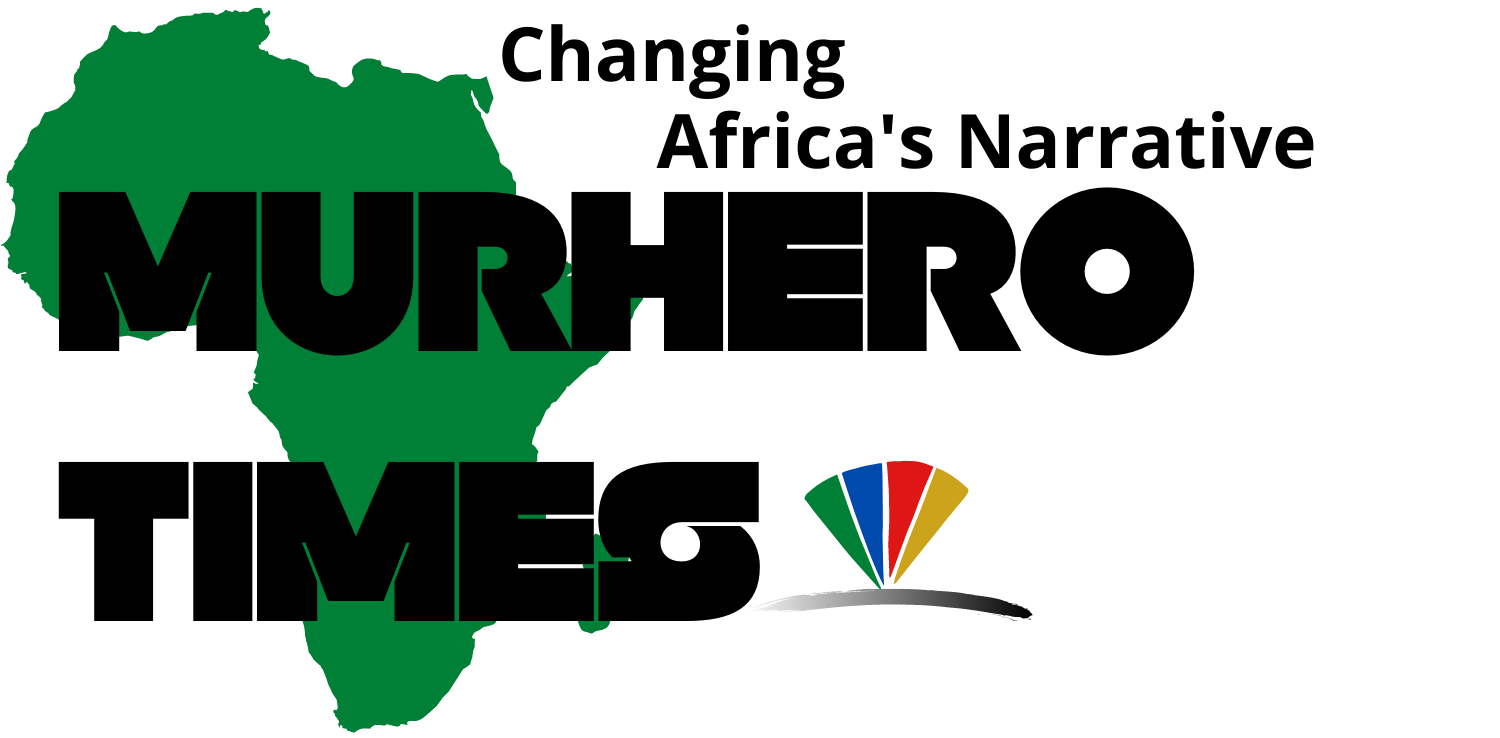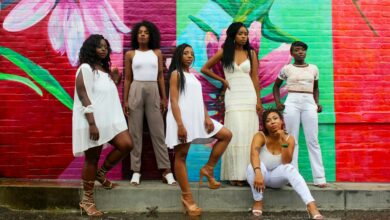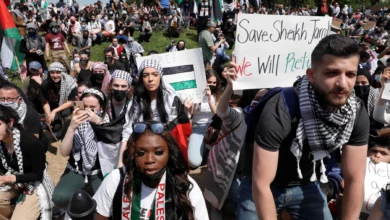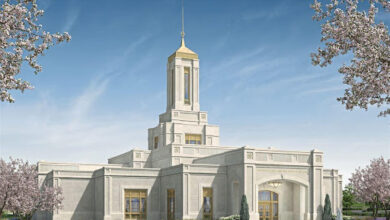LGBT Legalities: The Legal Terrain in Ghana and Across Africa
Nonetheless, the existence of such laws contributes to an environment where discrimination against the LGBT community persists, both socially and legally.
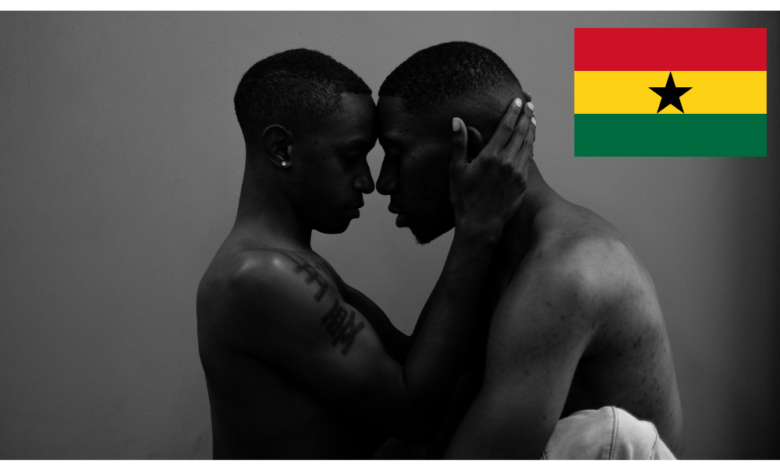
In recent years, discussions surrounding the rights of the Lesbian, Gay, Bisexual, and Transgender (LGBT) community have gained momentum globally. However, the legal landscape for the LGBT community in Africa, including Ghana, presents a complex and varied picture. Africa, with its diverse cultures and legal systems, showcases a range of attitudes and approaches towards LGBT rights.
Ghana’s Legal Framework:
Ghana, a West African nation with a rich cultural heritage, has traditionally held conservative views on matters related to sexuality. The legal framework in Ghana reflects this conservative stance, with laws that criminalize certain forms of consensual same-sex relationships. The Criminal Offenses Act of 1960, Section 104, specifically criminalizes “unnatural carnal knowledge,” which has been interpreted to encompass same-sex relations.
Enforcement of these laws, however, has been inconsistent, and prosecutions are relatively rare. Nonetheless, the existence of such laws contributes to an environment where discrimination against the LGBT community persists, both socially and legally.
Broader African Perspectives:
The legal landscape across the African continent is diverse, with countries adopting varying positions on LGBT rights. Some nations have decriminalized same-sex relationships, acknowledging the importance of upholding human rights principles. South Africa, for instance, stands out as a pioneer in recognizing and protecting the rights of the LGBT community, having legalized same-sex marriage in 2006.
Conversely, several African countries continue to maintain and enforce laws that criminalize homosexuality. Nigeria, for example, introduced the Same-Sex Marriage Prohibition Act in 2014, imposing strict penalties on individuals engaging in same-sex relationships and those advocating for LGBT rights.
The Role of Cultural and Religious Influences:
Cultural and religious beliefs play a significant role in shaping attitudes towards LGBT rights in many African nations. Societal perceptions of homosexuality are often deeply rooted in cultural traditions and religious teachings, which can contribute to the resistance against legal reforms.
In countries where conservative interpretations of religious doctrines prevail, efforts to advance LGBT rights face significant challenges. Governments and activists advocating for change must navigate the delicate balance between respecting cultural values and upholding fundamental human rights.
Challenges and Opportunities for Progress:
The journey towards greater acceptance of the LGBT community in Africa faces obstacles, but there are also opportunities for progress. Advocacy groups and individuals committed to promoting equality and human rights continue to work towards challenging discriminatory laws and fostering inclusive societies.
International organizations and diplomatic pressure can play a crucial role in encouraging legal reforms and promoting tolerance. However, it is essential to approach these issues with cultural sensitivity and a nuanced understanding of the complex factors influencing attitudes towards LGBT rights in each country.
Conclusion:
The legal landscape for the LGBT community in Ghana and across Africa reflects a diverse range of perspectives, shaped by cultural, religious, and historical influences. While some countries are making strides towards recognizing and protecting the rights of the LGBT community, others continue to uphold laws that criminalize same-sex relationships. The path towards greater acceptance and equality is complex, requiring a careful balance between respecting cultural values and upholding fundamental human rights. Advocates and policymakers alike must navigate this challenging terrain to foster a more inclusive and tolerant future for the LGBT community in Africa.
